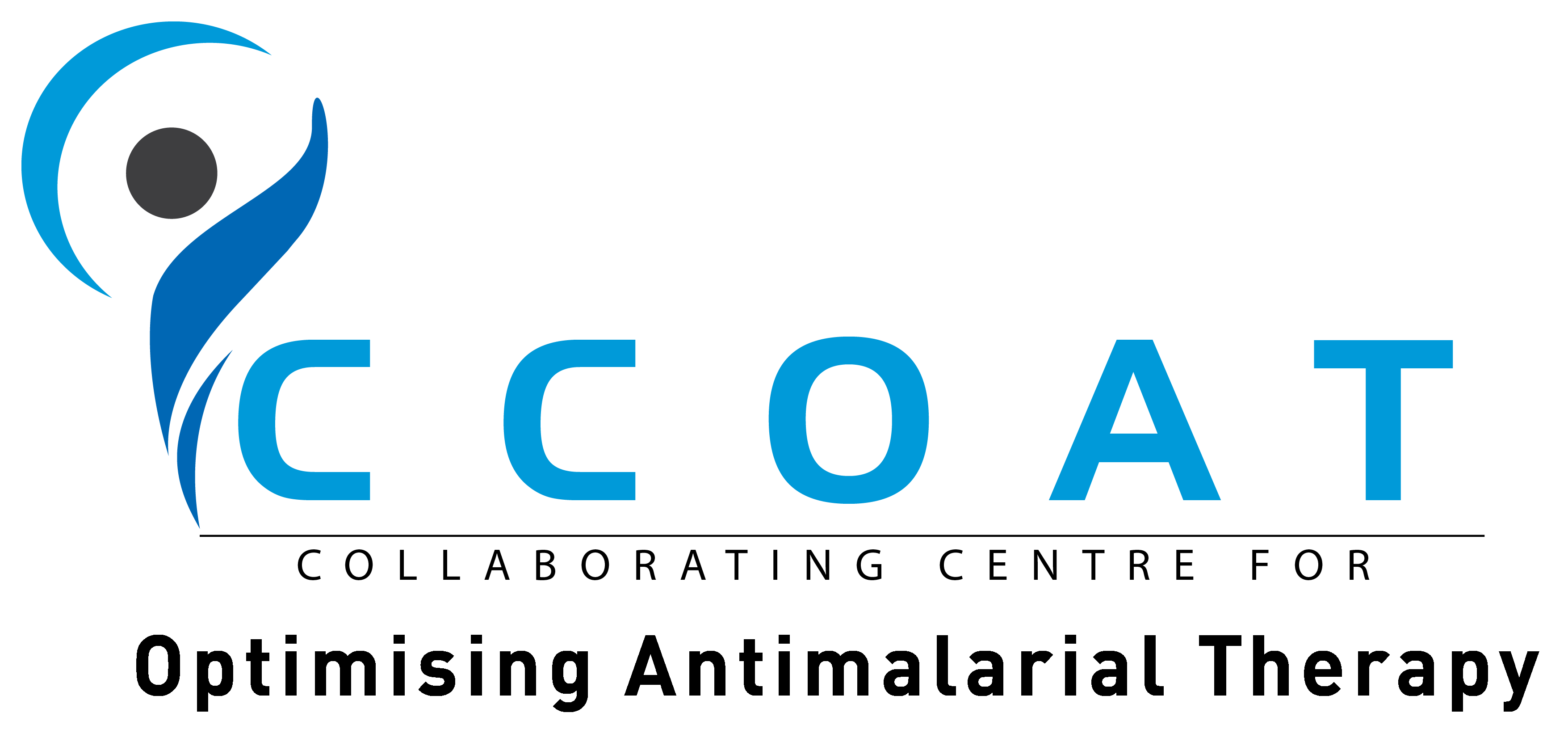Our clinical research studies, conducted locally and in malaria areas (in South Africa and elsewhere in Africa), aim to contribute to decision-making at a policy level. Our data is for instance, pooled with data from research groups in other areas of the world contributed to the Worldwide Antimalarial Resistance Network (WWARN). This collaboration maps malaria medicine resistance and its drivers globally. As there are countries where resistance has been confirmed to all currently available malaria medicines, there is an urgent need for new treatments. The first clinical step to develop new malaria medicines involves studies in healthy adults, which we conduct with participants identified from our adult volunteer database. This database provides our team with a source population who are contactable and willing to be involved in our Cape Town-based clinical research studies. We also have an interest in finding the optimal way to conduct antimalarial clinical research and may investigate this within our studies. The world-class quality of all our research is driven by our research staff, who coordinate selected resources for The Global Health Network (for trials in South Africa, for research nurses and for pharmacovigilance globally) creating a synergistic relationship to contribute to enhancing clinical research standards in this region. WWARN resources are also shared with Global Health Trials, building capacity within the broader clinical research community and allowing for standardization of international malaria clinical research. The dynamic nature of this model results in a sustainable and optimised collaborating centre.
SEACAT evaluation: Interactions between malaria and HIV drugs in people living with HIV in South Africa, an example of the one of our ACT consortium projects.
It is important to continually question the way clinical research is performed. This ensures that study conduct is appropriate to answer the research question and that data obtained are accurate. For instance, we have investigated how certain clinical trial results (data) are obtained from the information given to us by our study participants. We found that the information reported about their health and use of medicines can be shaped by the way we question them about these things. It may also be affected by the context of the research (e.g. a trial with healthy volunteers in Cape Town compared to a trial with malaria patients in Tanzania). This may impact the way safety and efficacy of the medicines used in research is measured. We are now working with others who conduct similar antimalarial research to harmonise the best questioning methods to obtain these critical data points.
The Worldwide Antimalarial Resistance Network (WWARN) is a multidisciplinary, global network of malaria research experts. WWARN works to provide the information necessary to prevent or slow antimalarial drug resistance, in turn, reducing the number of people falling ill and dying from malaria. WWARN's mission is to provide comprehensive, timely, quality-assured evidence to track the emergence and spread of malaria drug resistance, and improve the efficacy of existing antimalarial medicines and new drugs in development. Some of WWARN's key activities include:
- Providing the malaria community with a reliable and standardised data collection platform to facilitate data sharing, pooled data analyses, and the application of these findings to provide evidence for policy makers and drug developers, to optimise the therapeutic life of existing and new antimalarial drugs;
- Collaborating with laboratories across the world to provide support and advice to improve the analysis of antimalarial drug regimens during clinical trials, and in turn, enhancing overall quality to the research data captured.
